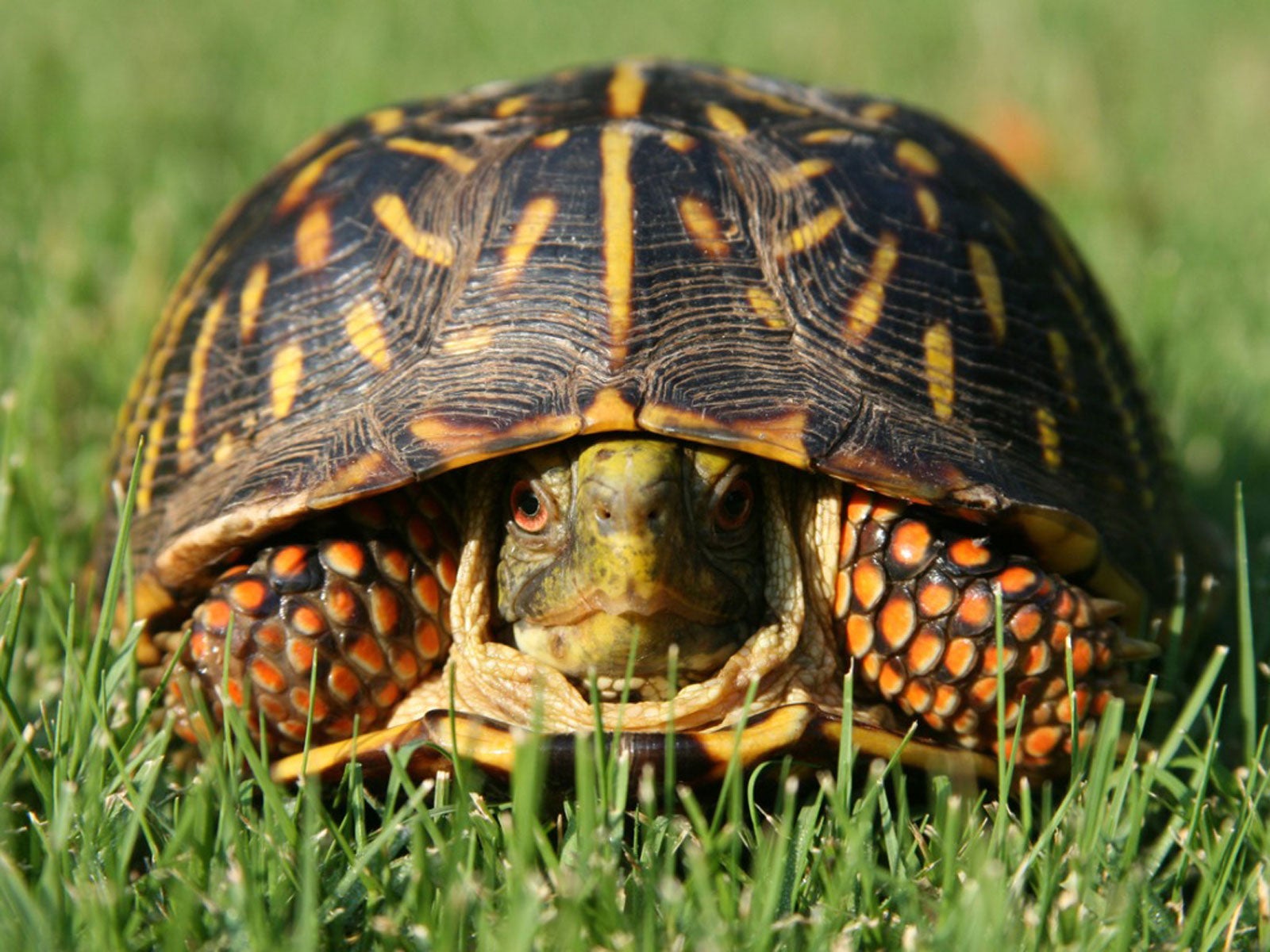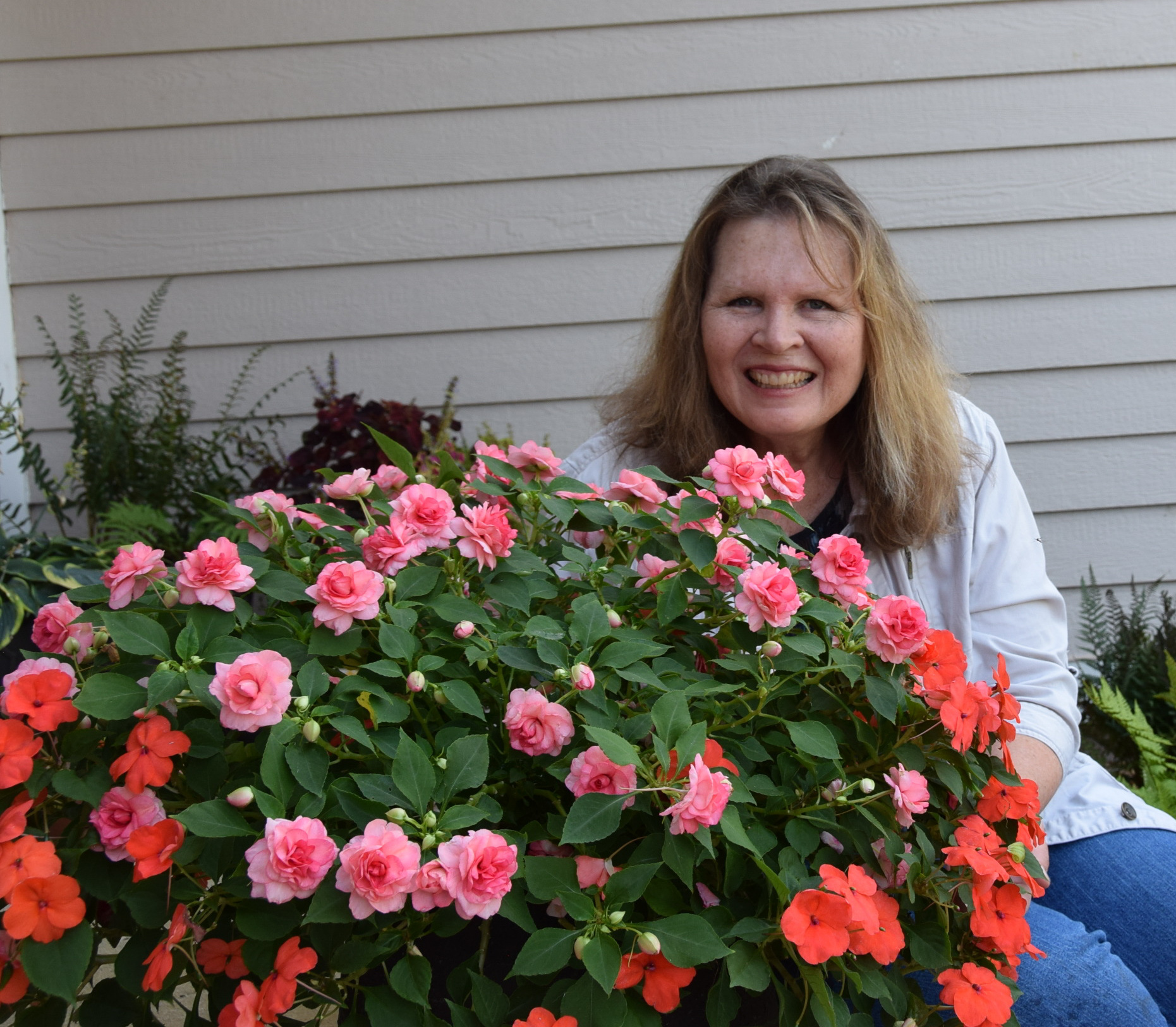Plants Toxic To Turtles – Learn About Plants Turtles Should Not Eat


Whether wildlife rehabilitators, rescuers, pet owners, zookeepers, or even gardeners, it is necessary to be aware of toxic plants to turtles and tortoises. Aquatic turtles can be kept in an aquarium, but others may be free to roam in a prepared habitat or the backyard.
Recognizing Unsafe Plants for Turtles
It is best not to feed turtles anything you aren’t certain to be safe. When planting an enclosure, or the backyard if the turtle is allowed outside, first research the toxicity of all the plants that may be purchased or grown.
Also, identify all the plant species that already exist in the yard. If uncertain about specific plants, take cuttings of the leaves and flowers and take them to the local extension office or plant nursery for identification.
A turtle or pet will not know the difference between a toxic and non-toxic plant. Turtles often will eat a tasty looking plant so it’s up to you to know what turtles can eat.
What Plants Are Poisonous to Turtles
These are the most commonly known toxic plants to turtles, but many more exist.
Plants containing oxalates (oxalate salts)
Contact with these plants may cause burning, swelling, and pain:
- Arrowhead Vine (Syngonium podophyllum)
- Begonia
- Boston Ivy (Parthenocissus tricuspidata)
- Calla Lily (Zantedeschia sp.)
- Chinese Evergreen (Aglaonema modestum)
- Dumb cane (Dieffenbachia amoena)
- Elephant's Ear (Colocasia)
- Firethorn (Pyracantha coccinea)
- Pothos (Epipremnum aureum)
- Swiss Cheese Plant (Monstera)
- Umbrella Tree (Schefflera actinophylla)
Toxic or potentially toxic plants to turtles
These are plants turtles should not eat and could cause trauma to various organs. Toxicity level ranges from mild to severe, depending on the plant:
Sign up for the Gardening Know How newsletter today and receive a free copy of our e-book "How to Grow Delicious Tomatoes".
- Amaryllis (Amaryllis belladonna)
- Carolina Jessamine (Gelsemium sempervirens)
- Asparagus Fern (Asparagus sprengerii)
- Avocado (leaves, seeds) (Persea americana)
- Azalea, Rhododendron species
- Bird of Paradise shrub (Poinciana gilliesii/Caesalpinia gilliesii)
- Boxwood (Buxus sempervirens)
- Buttercup family (Ranunculus sp.)
- Caladium (Caladium sp.)
- Castor Bean (Ricinus communis)
- Chinaberry (Melia azedarach)
- Columbine (Aquilegia sp.)
- Creeping Charlie (Glechoma hederacea)
- Cyclamen (Cyclamen persicum)
- Daffodil (Narcissus sp.)
- Larkspur (Delphinium sp.)
- Carnation (Dianthus sp.)
- Euphorbia (Euphorbia sp.)
- Foxglove (Digitalis purpurea)
- Heavenly Bamboo (Nandina domestica)
- Holly (Ilex sp.)
- Hyacinth (Hyacinthus orientalis)
- Hydrangea (Hydrangea sp.)
- Iris (Iris sp.)
- Ivy (Hedera helix)
- Jerusalem Cherry (Solanum pseudocapsicum)
- Juniper (Juniperus sp.)
- Lantana (Lantana camara)
- Lily of the Nile (Agapanthus africanus)
- Lily of the Valley (Convallaria sp.)
- Lobelia
- Lupine (Lupinus sp.)
- Nightshade family (Solanum sp.)
- Oleander (Nerium oleander)
- Periwinkle (Vinca sp.)
- Philodendron (Philodendron sp.)
- Love Pea (Abrus precatarius)
- Shasta Daisy (Chrysanthemum maximum)
- String of Pearls (Senecio rowleyanus)
- Tomato (Solanum lycopersicum)
Dermatitis toxicity
Sap from any of these plants may cause a skin rash, itching, or irritation. Cleanse with soap and water.
Potentially harmful plants
Some information suggests these plants could be harmful to turtles and tortoises too:
- Gardenia
- Grape Ivy (Cissus rhombifolia)
- Marsh Marigold (Caltha palustris)
- Poinsettia (Euphorbia pulcherrima)
- Sweet Pea (Lathyrus odoratus)

After graduating from Oklahoma State University with a degree in English, Susan pursued a career in communications. In addition, she wrote garden articles for magazines and authored a newspaper gardening column for many years. She contributed South-Central regional gardening columns for four years to Lowes.com. While living in Oklahoma, she served as a master gardener for 17 years.